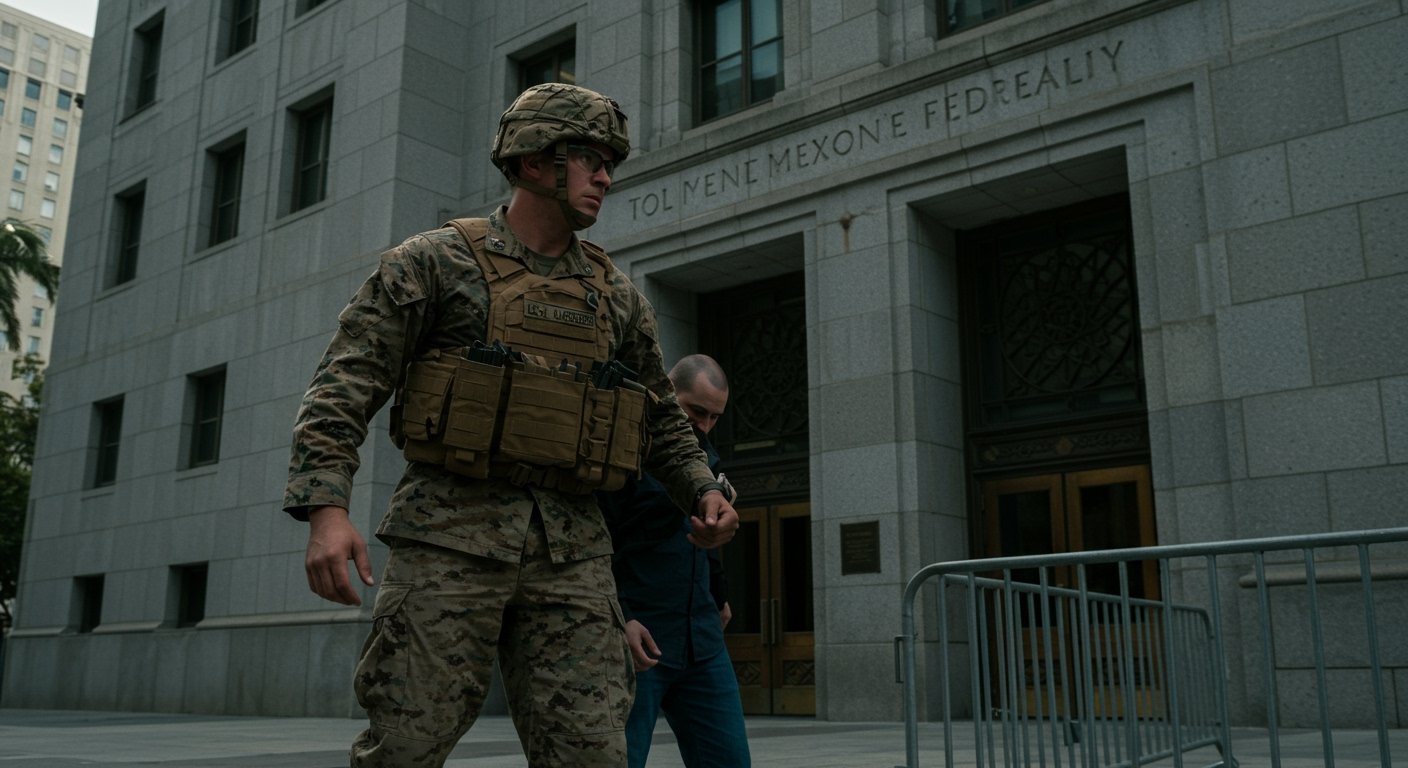Metroville City Hall is currently the epicenter of a heated public and political debate following the formal proposal of the “Green Transport Initiative” (G.T.I.). At its core, the initiative outlines a phased implementation of a congestion charge targeting the city’s bustling downtown core. This controversial measure aims to address escalating traffic gridlock and reduce carbon emissions, but faces significant opposition from various sectors.
Mayor Evelyn Reed officially introduced the proposed City Ordinance 24-B, Section 3A, on September 15, 2024. The ordinance details the G.T.I.’s key component: a $15 fee for vehicles entering the Central Business District (CBD) during peak hours, specifically between 7 AM and 10 AM and again from 4 PM to 7 PM on weekdays. The targeted area is roughly bounded by Elm Street and Oak Avenue. The proposed start date for the initial phase is January 15, 2025, with a potential expansion phase slated for implementation by July 1, 2026.
Rationale Behind the Initiative
The City Council, led by proponents like Council Member David Chen, argues the G.T.I. is a necessary step towards building a more sustainable and livable Metroville. Official projections from the City Planning Department forecast a potential 25% reduction in traffic congestion within the targeted CBD area and a corresponding 15% decrease in vehicular carbon emissions within three years of full implementation. “We are at a critical juncture,” stated Council Member Chen during a recent press conference. “Our streets are choked, and our air quality is suffering. The G.T.I. is a bold, but essential, investment in our city’s future health and efficiency.”
Supporters, including the prominent “Metroville Environmental Alliance,” highlight successful congestion charge models implemented in other major global cities, citing reduced travel times, increased public transport usage, and improved air quality. They argue that the relatively modest fee, when compared to the external costs of congestion and pollution, represents a fair mechanism to incentivize alternative transportation methods.
Mounting Opposition and Economic Concerns
Despite the environmental and efficiency arguments, the initiative has ignited fierce opposition. A newly formed coalition, “Citizens Against the Charge,” is at the forefront of this movement, arguing the fee represents an undue financial burden on residents and businesses alike. Council Member Sarah Kim has emerged as a leading voice against the proposal within City Hall.
Opponents contend that the $15 fee will disproportionately affect low-income workers, small businesses, and commuters who lack viable public transport alternatives. While the city forecasts an estimated $50 million in annual revenue from the charge, opponents, citing independent economic analyses, warn of potential losses exceeding $100 million for local businesses within five years as consumers and workers potentially avoid the downtown area.
“This isn’t just about a ‘fee’; it’s about punishing people for going to work or supporting local shops,” commented a representative from the “Citizens Against the Charge” coalition at a recent rally. “Our downtown businesses are still recovering; this could be a fatal blow.”
Public Response and Upcoming Hearings
Public reaction has been sharply divided. A recent poll conducted by a local research firm indicated that 52% of Metroville residents oppose the initiative, while only 38% express support, leaving 10% undecided. This data underscores the significant challenge facing city officials in gaining public buy-in.
Recognizing the contentious nature of the proposal, the City Council has scheduled a major public hearing for October 20, 2024. The hearing is set to take place at the City Hall Auditorium, specifically in Room 101, providing a formal platform for residents, business owners, and interested parties to voice their opinions directly to the council members. City officials have indicated that robust public feedback will be a crucial factor in the final decision-making process regarding Ordinance 24-B.
Looking Ahead
The debate surrounding Metroville’s “Green Transport Initiative” is far from settled. The upcoming public hearing is expected to be a critical juncture, potentially shaping the future of the proposal. As Metroville grapples with the complex challenges of urban growth, environmental sustainability, and economic vitality, the decision on the congestion charge will have lasting implications for the city’s landscape and its residents’ daily lives. All eyes remain on City Hall as the council navigates this complex and highly sensitive issue.










